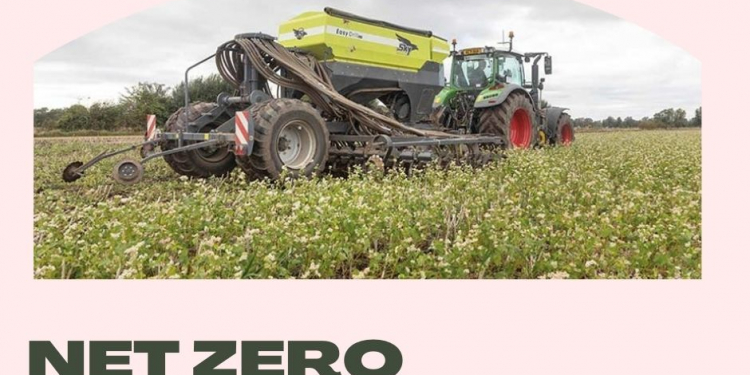Farming has been recognised for the key role it can play in helping the UK meet its net zero emissions target by 2050, with individual farmers being encouraged to do their bit, writes Louise Impey in this article for Farmers Weekly“.
There’s no magic bullet or one-size-fits-all approach, say experts, who highlight that we will need a multitude of different options to both reduce emissions and capture or store carbon in soils and woodlands.
“Achieving net zero in agriculture is challenging,” says Dave Freeman, business area manager for agriculture with Ricardo Energy & Environment. “There are three main greenhouse gases [GHGs] to deal with from agricultural activities, all of which are produced within a complex biological system.”
For net zero to be reached, these GHG emissions need to be reduced, while carbon has to be removed from the atmosphere and sequestered, or stored indefinitely, he explains.
“Farming can’t be decarbonised completely. Emissions are part of the biology of plants and animals growing,” he says. “There will have to be some carbon sequestration to balance or offset the remaining emissions.”







